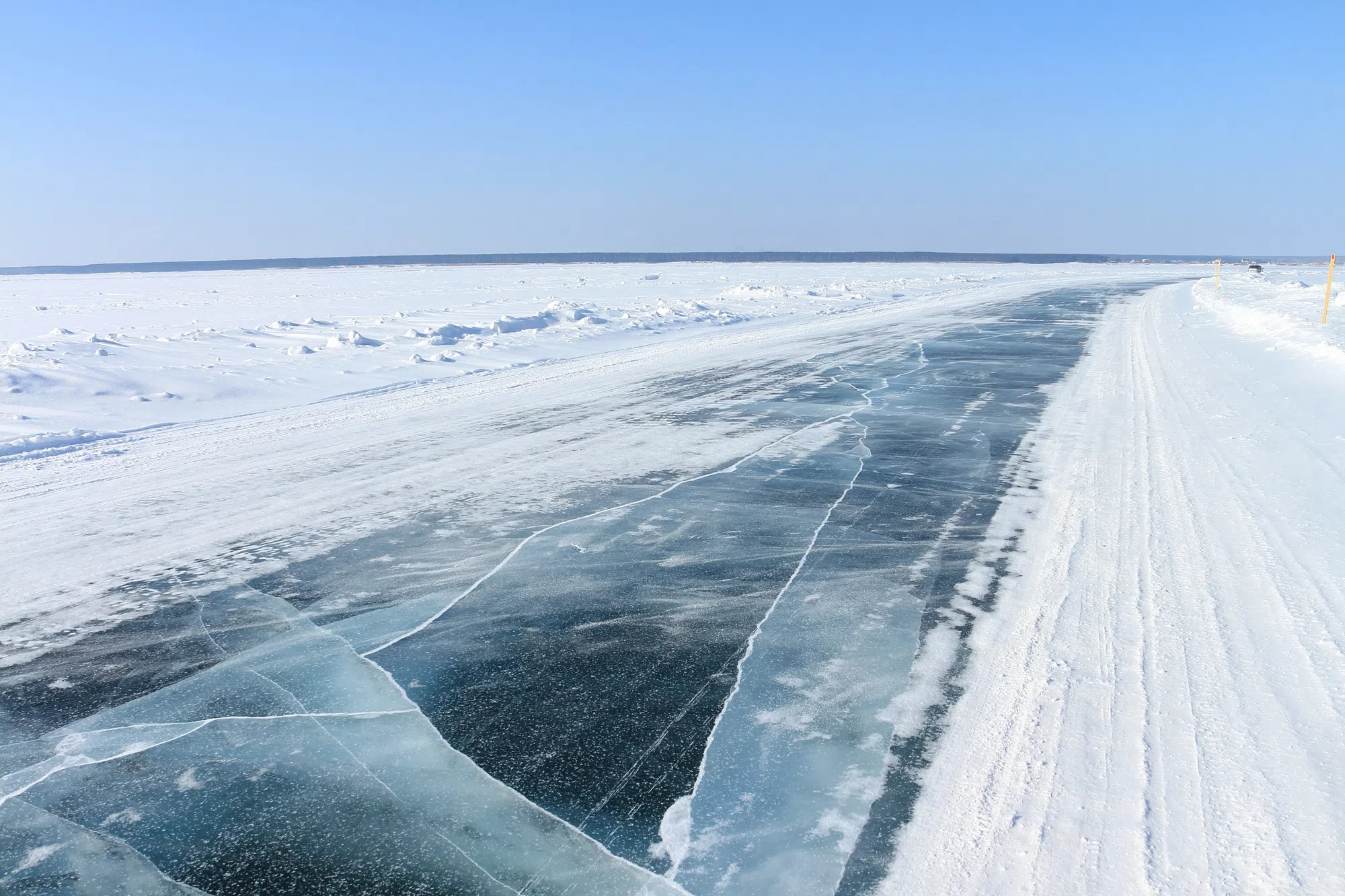The federal government is working with First Nations communities and the province on winter road planning.
On Friday, Minister of Indigenous Services Patty Hajdu, hosted a roundtable in collaboration with Nishnawbe Aski Nation and other First Nation leaders to discuss the challenges posed by the shortened winter roads season.
“Climate change has significantly shortened the window for winter roads to be accessible, leading to shortages of food, fuel, and medical supplies, and increasing reliance in air transport,” said Hadju. “We are steadfast in our commitment to work closely with partners to find solutions that ensure reliable connectivity to remote communities.”
At the roundtable, the minister also announced an additional $20 million in funding over four years for the roads.
Indigenous Services Canada provides over $7 million annually to support 32 remote First Nations to support the construction, maintenance, and improvement of approximately 3,200 kilometres of winter roads.
The funding increase will bring the federal government’s annual contributions up to $11 million annually.
Winter roads are unpaved, un-graveled routes constructed annually over frozen earth, wetlands, lakes, and rivers.
They allow vehicles to travel over the frozen terrain, which, compared to flying, provides residents and businesses with a chance to access more affordable food, building materials, fuel, and other essential goods and services.





